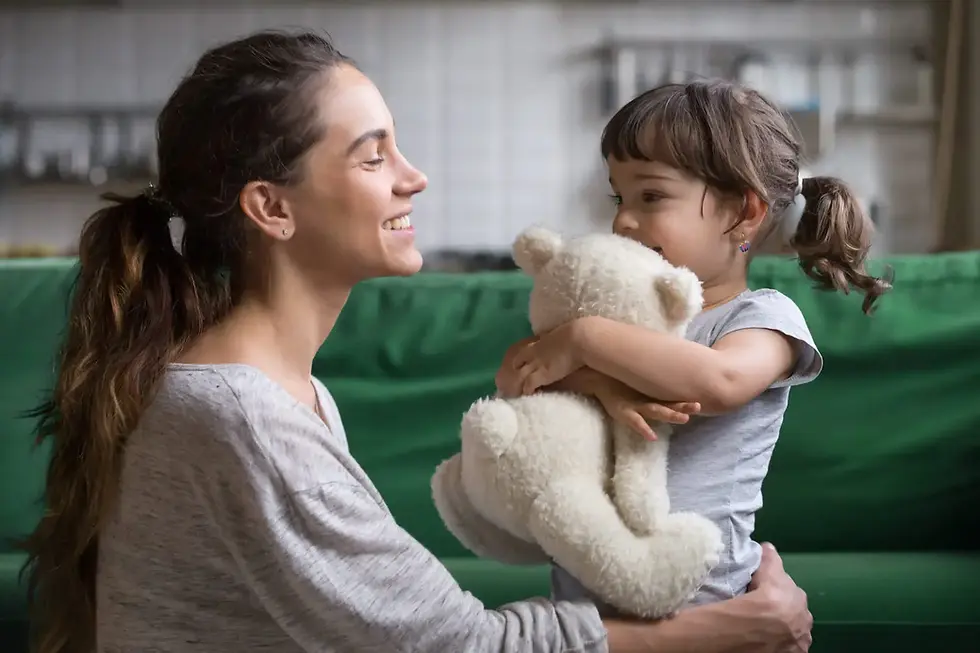Students pitch ideas to help San Diego homeless
- San Diego Nonprofits

- May 15, 2022
- 3 min read

Hoodies to raise money, nutritious protein bars, showers and phone apps to connect with services were among the ideas high school students pitched as possible ways to help homeless people in a contest Monday.
The Lucky Duck Foundation’s first Homelessness Innovation Challenge was held at the Bishop’s School in La Jolla, where students pitched ideas in a Shark Tank-type setting to members of the foundation.
Participants were members of the foundation’s student-run “Lucky Duckling” chapters from Bishop’s School, Canyon Crest Academy, Cathedral Catholic and Torrey Pines. Ideas were pitched to a four-person panel representing the foundation.
The winning proposal was eligible for $20,000 in funding from the Lucky Duck Foundation, which has funded a large industrial tent shelter, food and water outreach programs, job training and employment programs and other efforts to help local homeless people.
No team walked away with the money at the end of the session, but no team was eliminated, either.
Lucky Duck Executive Director Drew Moser said the $20,000 remains committed to the initiative, and each team will have the opportunity to have a working session with the foundation to further vet their ideas.
“I hope that doesn’t leave someone disappointed,” he said. “Speaking for the four of us, we’re really encouraged. And frankly, this is the process of awarding funding a lot of the times. It’s not one meeting and here’s a check. It’s really digging in and understanding what the opportunities are.”
From the Bishop’s School, students Simmons Arnold, Lyle LaRocca, Peyten Seltzer, Charlie Johnson and Elias Herrera proposed creating an app and a website that would help youths aging out of the foster care system find resources that can help them with personal finance, job placement, mentors and shelters if needed.
A disproportionately high number of foster youths become homeless after leaving the system, students said about the need for their project.
Canyon Crest students Lily Khabie, Owen Reily and Tiana Vahidi proposed making hoodies featuring artwork created by a homeless person to sell and raise money for feminine hygiene products. Women living on the street or in shelters often can’t afford or don’t have access to the products, sometimes putting their health at risk, students said.
When questioned by the panel if they had experience selling items, Owen said he had participated in a Junior Achievement project where he sold 22 hoodies in three weeks at his school.
Torrey Pines students Lexi Moran, Brenna Hall, James Carnahan, Lexi Lamb and Sofie Brown pitched a project that would provide showers and hygiene to unsheltered people, who also would benefit from technology that would help them create resumes and cover letters for job opportunities.
Students said the groups Showers of Blessings and Humanity Showers already have expressed interest in partnering with them, and they argued that being clean for a job interview was essential for gaining employment.
Cathedral Catholic students Kayla Mendes, Ava Stoddard, Xani Peña and Frank Sciarrino pitched “Buddy Bars,” nutritious protein bars that would be distributed to people on the street.
Students said their research found many unsheltered homeless people do not eat nutritious food. The plan included selling their bars to the public, with one free bar given to a homeless person for every bar sold.
Moser said judges found the presentations all positive and inspiring, but they wanted to learn more about each project, determine if they would duplicate something already existing and help connect them with groups that could help.
The panel consisted of Moser, Lucky Duck Foundation board members Dan Novak and Lori Walton, and Stephanie Kilkenny, who founded the foundation with her husband, Pat. The event was organized by Bishop’s School senior Emma Marshall.
Source: The San Diego Union-Tribune



Comments